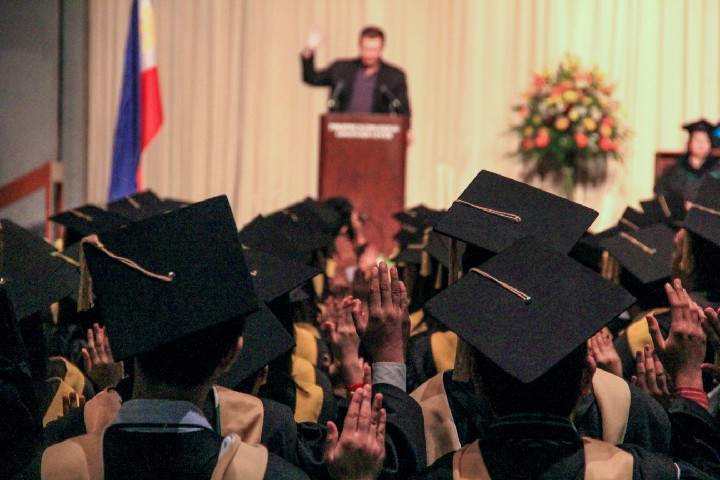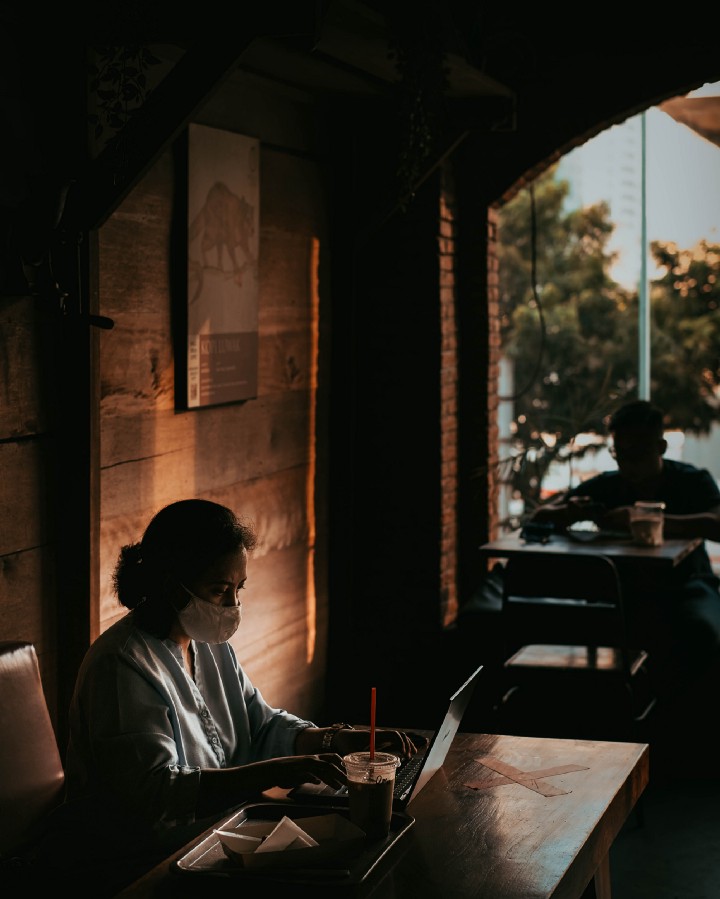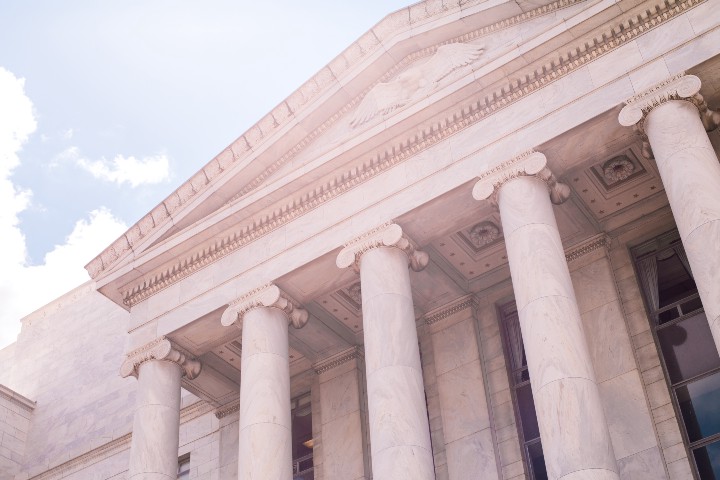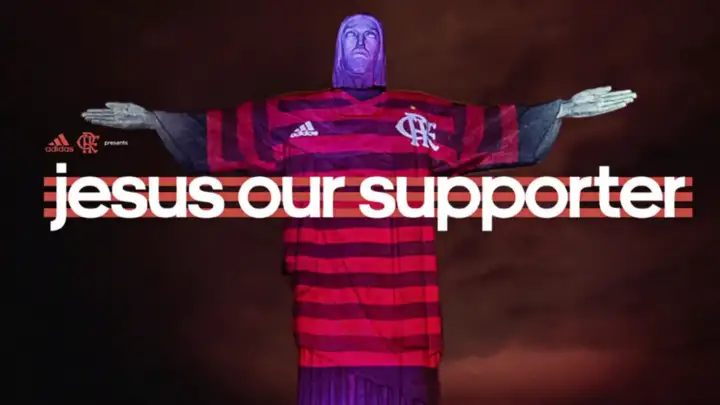The Working Philippine Youth — SMP&CO Strategy Review

Irecently read an article by Kahlil Greene on the HBR, and in his piece, he wrote an open letter to his future employers about what values and work culture works best for someone like himself — an American Gen Z-er.
It was a great piece and got me thinking about that experience from the perspective of the Philippines.
I’ve seen a lot of disconnect between the older generations and the youth today, and I’ve observed it isn’t because they’re so different, but rather they just don’t quite yet understand each other.
So what does it mean to work and thrive with the youth of today? Who are they, and what do they aspire for?
If the youth is the future, let’s look at what present we’ve given them so far.
Today’s strategy insight will be a commentary on what I believe needs to be communicated about the youth of today from my unique perspective as a youth in the industry myself.
The Philippines Today-ish
Let’s start here — the Philippines has an interesting demographic makeup: at present we have a median age of 25.7 years old, much younger than 38.7 years of the US; we have 35.47% college enrollment rates, the highest in PH history; and overall our economy despite COVID is still expected to be one of the fastest-growing in the region optimistically hopefully that we can return to our 6–7% YoY growth rates.
On the up and up, the Philippines is still on a path for growth, but a fragile and unequal one.
Our 20 Somethings’ Wild Ride
Zooming back into the young 25-somethings. It’s important to understand the context of their world when they were growing up.
They themselves have had quite an exciting life so far:
- this present median Philippine population was born after the restoration of democracy post-Marcos, but during the Asian Financial Crisis;
- they first travelled in a post-9/11 world;
- saw the overthrow of an administration during EDSA Dos;
- started saving and opening bank accounts during the 2008 Global Financial Crisis;
- made friends and socialised online via Facebook and instant messaging;
- shopped in stores and on e-commerce;
- banks on mobile but has cash in the wallet;
- came into adulthood on a wave of stark social division and changes the world over;
- studied offline and online;
- and now have come into the workforce in the most disruptive pandemic mankind has seen in more than a century;
- To add insult to injury let’s add the preview that this generation is also expected to solve the Climate Crisis or else the world will end.
I know that was a lot, but it’s crucial to contextualise how the Gen Z-ers and Millenials in their 20s and early 30s grew up in order to understand their hopes, dreams, fears, and attitudes about society and the economy.
Our dear young people have barely made it to their 20s, and have already experienced war, revolution, economic crises, societal change, and work-study paradigm shifts.
The youth today, have a mix of hopeful optimism brought about by technology and a shared sense of global citizenship; but punctuated with a jaded melancholy for the future of this generation and those that will come rest on how well we address the problems today.
The Complexity of Today
Based on these context points, it’s pretty clear that the workforce will have to absorb a young, highly educated, and far-dreaming generation of workers that have cultural, social, and economic norms that may differ from that of the older generation. So what does all that matter for employers and businesses?
Well, the youth of today exist in a complex and global society. Based on surveys and interviews of people between the ages of 21 and 30 in the Philippines, things like economic prosperity, education, civil liberties and rights, the environment, and inclusivity, all ranked highly in their list of priorities.
These are not lip service or trendy values for this generation; these are deeply held and sincere beliefs. Young people want to work and thrive in an environment that not only allows them to express these values but works towards a world where they can see these values in action. The time of platitudes has long since passed.
Admittedly it is a far leap to change generational paradigms and ways of doing things just because the young people are doing things differently now.
So nearing the end of this commentary, I want to propose a first step — talk.
Talking
Talk to your young workers and youth in leadership positions and understand what kind of future do they want to build. This first act of communication and understanding will allow everyone to start with common ground. Older generations and younger ones want the same things but often disagree on how to get it done. I mean, who doesn’t want prosperity, freedom, and a future we can be proud of?
It’s critical to work around common values and understand long-term objectives so that plans and strategies can be made. In business, the goal is to generate as much value for as long as possible, so intrinsically linked is the idea of building a future. If we can talk with our younger workers and get their thoughts and insights about common goals, they might teach us something, while we teach them something back as well. Ask your young people for ideas, and involve them in decisions that will have broad-ranging effects for the future.
Now is not the time to antagonise anyone, now more than ever between COVID, the economy, and the Climate Crisis, we should be working together to keep the economy and society resilient for future prosperity.
Ithank you for indulging in this commentary about our Philippine working youth.
I believe a lot more good can be done when people understand each other better, and among those ‘people’ that need to be understood is this median chunk of our population that is our future.
If you’re an older reader, please do think about what you can share as a legacy for youth.
After all, as the saying goes:
I was the future once too
References
World Bank (2020)
PSA (2021)



